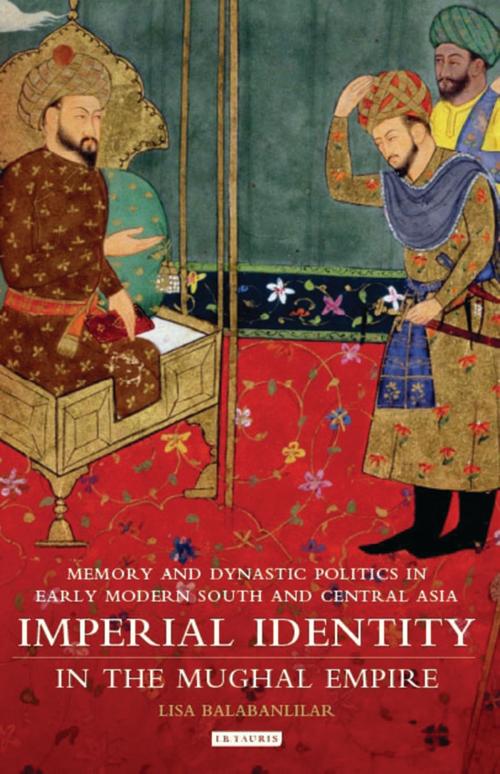Imperial Identity in the Mughal Empire
Memory and Dynastic Politics in Early Modern South and Central Asia
Nonfiction, History, Asian, Asia, Social & Cultural Studies, Social Science| Author: | Lisa Balabanlilar | ISBN: | 9780857732460 |
| Publisher: | Bloomsbury Publishing | Publication: | December 13, 2015 |
| Imprint: | I.B. Tauris | Language: | English |
| Author: | Lisa Balabanlilar |
| ISBN: | 9780857732460 |
| Publisher: | Bloomsbury Publishing |
| Publication: | December 13, 2015 |
| Imprint: | I.B. Tauris |
| Language: | English |
Having monopolized Central Asian politics and culture for over a century, the Timurid ruling elite was forced from its ancestral homeland in Transoxiana at the turn of the sixteenth century by an invading Uzbek tribal confederation. The Timurids travelled south: establishing themselves as the new rulers of a region roughly comprising modern Afghanistan, Pakistan and northern India, and founding what would become the Mughal Empire (1526-1857). The last survivors of the House of Timur, the Mughals drew invaluable political capital from their lineage, which was recognized for its charismatic genealogy and court culture - the features of which are examined here. By identifying Mughal loyalty to Turco-Mongol institutions and traditions, Lisa Balabanlilar here positions the Mughal dynasty at the centre of the early modern Islamic world as the direct successors of a powerful political and religious tradition.
Having monopolized Central Asian politics and culture for over a century, the Timurid ruling elite was forced from its ancestral homeland in Transoxiana at the turn of the sixteenth century by an invading Uzbek tribal confederation. The Timurids travelled south: establishing themselves as the new rulers of a region roughly comprising modern Afghanistan, Pakistan and northern India, and founding what would become the Mughal Empire (1526-1857). The last survivors of the House of Timur, the Mughals drew invaluable political capital from their lineage, which was recognized for its charismatic genealogy and court culture - the features of which are examined here. By identifying Mughal loyalty to Turco-Mongol institutions and traditions, Lisa Balabanlilar here positions the Mughal dynasty at the centre of the early modern Islamic world as the direct successors of a powerful political and religious tradition.















